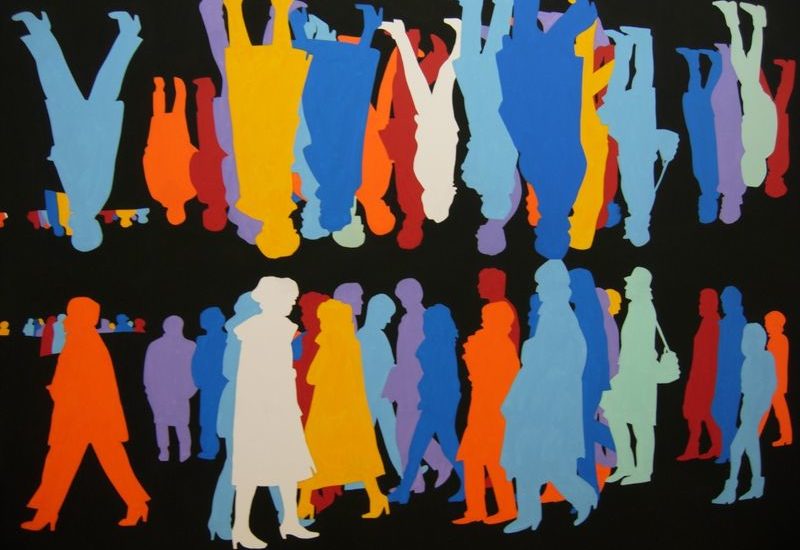Who Is In Your Community?
- September 30, 2013
- Posted by: Rochelle
- Category: Brand + Design, Client Relationships, Marketing + Selling

“Community-based businesses tell stories. They create remarkable products. They sync up their tribe. They happily surrender market share to the commodity seller–if it’s a lower price you want, good luck to you! The community business says, ‘people like us shop at a place like this.’ This is where brands live, and where work that matters gets done.” Seth Godin
We professionals, authors and creatives tend to view creating a community-based business as the holy grail.
Maybe we crave the cachet and blank check, bet-the-business projects of say a McKinsey. Or the creative pop of IDEO. Or even the deep loyalty of former Arthur Andersenites who celebrated the firm’s 100th anniversary—10 years after it imploded.
The advantages are many. You compete on great work, not price. You spend your days with clients who want to be part of the club and become apostles for your brand. Marketing and sales are about building and cementing ties, not advertising.
But it takes guts—and consistency—to develop a community. You have to stand for something. You have to live it and show it and tell it. Every. Single. Day.
It means saying no to the misfits and one-offs, even when the revenue is tempting. It means investing in giving, with no expectation that it will be reciprocated directly (try explaining THAT to your accountant).
It means deciding who is in your community: for whom do you happily (maybe even playfully) work best?
My “people”—the ones I bond to like flypaper—have big ideas. They think. They create. They are willing to take leaps, even when it scares them. They make mistakes, dissect them and try again differently.
They care—deeply—about what they do. Even when they have a big presence, there is a natural grace and humility about them. They know that while money matters, people—and serving—matter more.
I am very clear whose communities I want to play in.
How do you recognize yours?
Like what you see here? Head on up to that orange bar to sign up and I’ll deliver my weekly insights directly to your in-box.







Often we have strong, heartfelt communities that are not business based, but result in business. People do this with religious congregations, political causes, etc. I went to an unusual, small college I love, St. John’s College (campuses in Annapolis MD and Santa Fe NM), http://www.stjohnscollege.edu. I have gone out of my way to help people with whom I have a common set of books, and other alum have gone out of their way to help me. Commonality matters.
Potential clients don’t want to be fit into a consultant’s community. Wouldn’t they want to find a consultant who could fit into the potential client’s tribe? How does the consultant say in her/his marketing materials: here’s who l am can I join you?
Hi Roderick–welcome! I actually disagree with your premise about clients because I believe community works in both directions. In my own case for example, potential clients join my “community” (which could be as simple and light as social media sharing), we bond on some level and sometimes they hire me. But I also meet new clients through the communities my clients invite me into. The way you get that across in your marketing materials is by being crystal clear who you are so they can decide to engage with you. Social media is so great for this because you get to show vs tell who you are…it’s much more organic than a static marketing piece…